The integration of refugees into national health systems requires context-specific strategies that account for societal attitudes, organizational structures, and financial realities, rather than relying on a single universal approach. Political commitment to universal...
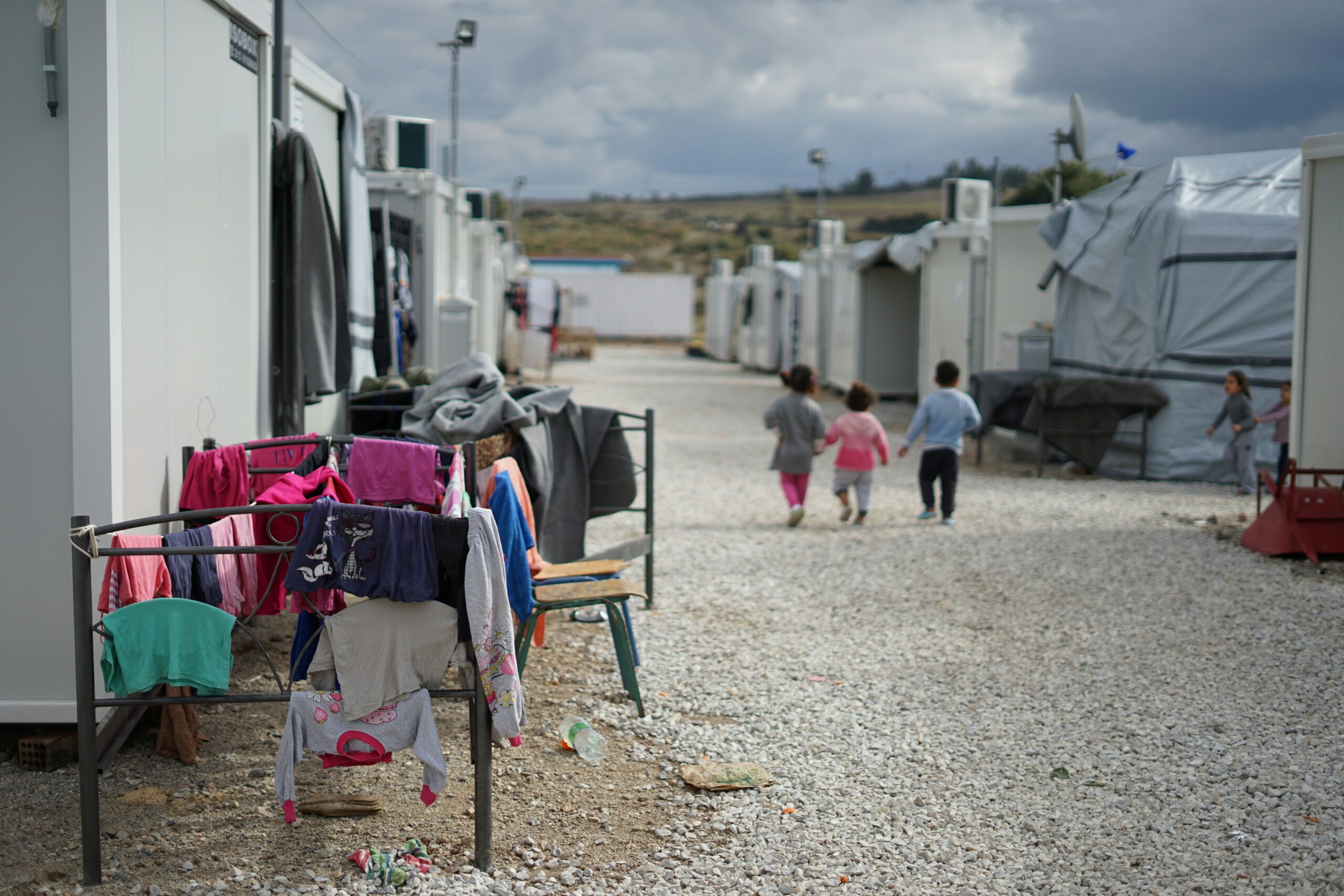
Libya’s broken healthcare system drives locals to migrate
Libya’s ongoing political instability has devastated its healthcare system, forcing families to embark on perilous journeys to Europe in search of life-saving treatment unavailable at home. Despite occasional promises from authorities, lasting solutions and reliable...
Lived experience of out-of-pocket costs of health care and medicines by people with chronic conditions and their families in Australia: a systematic review of the qualitative literature
Despite Australia’s Medicare, out-of-pocket costs (OOPC) still make up 14% of total health expenditure. This systematic review examined the experiences of Australians with chronic conditions facing OOPC for out-of-hospital care, revealing income loss due to ill...
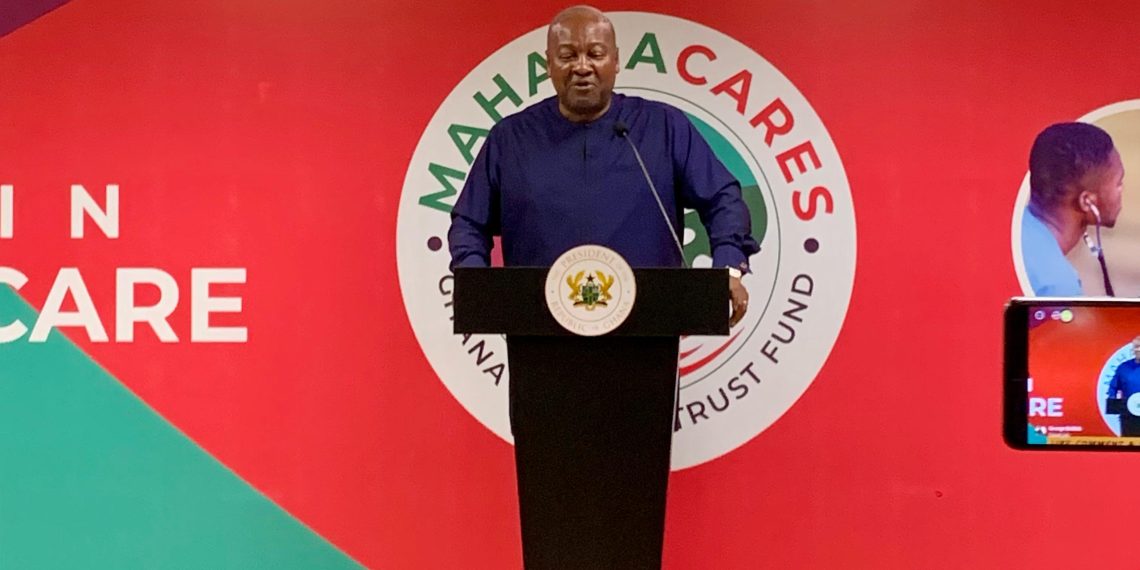
INSLA applauds Ghana Cabinet for approving Mahama Care Fund Bill
The Institute of Leadership and Development (INSLA) has commended Ghana’s government for approving the National Medical Trust Fund Bill, which aims to provide sustainable financing for the treatment, management, and prevention of noncommunicable diseases while...

A Comparative Look at Healthcare Sector in Armenia and Azerbaijan
Armenia’s social health insurance model focuses on universal coverage and vulnerable groups but faces challenges in funding sustainability and healthcare quality, while Azerbaijan’s state-funded system benefits from oil revenues to modernize infrastructure but...
Automatic Health Insurance Enrollment for Vulnerable Individuals: Opportunities for Egypt’s Universal Health Insurance System
This note offers insights on how Egypt can move forward to achieve automatic UHIS coverage for vulnerable groups. Automatic enrollment would help eliminate barriers to UHIS coverage, get rid of long queues for applicants, decrease the administrative burden on...
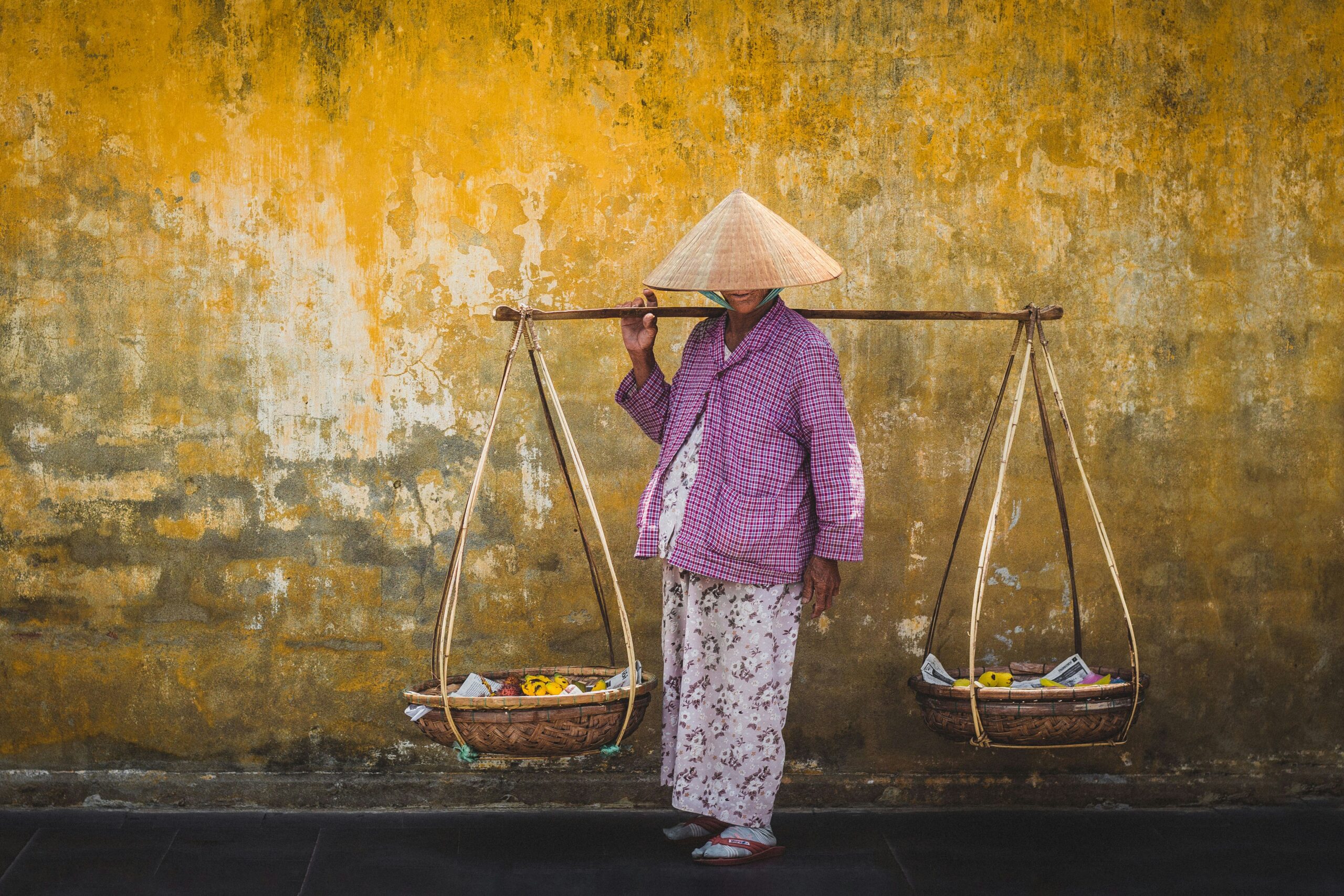
Vietnam enacts new social insurance law effective 1 July
Vietnam’s new Social Insurance Law, effective 1 July, restricts lump-sum payouts to workers who meet specific conditions such as serious illness, emigration, or insufficient contribution years at retirement age, aiming to encourage long-term participation in the...
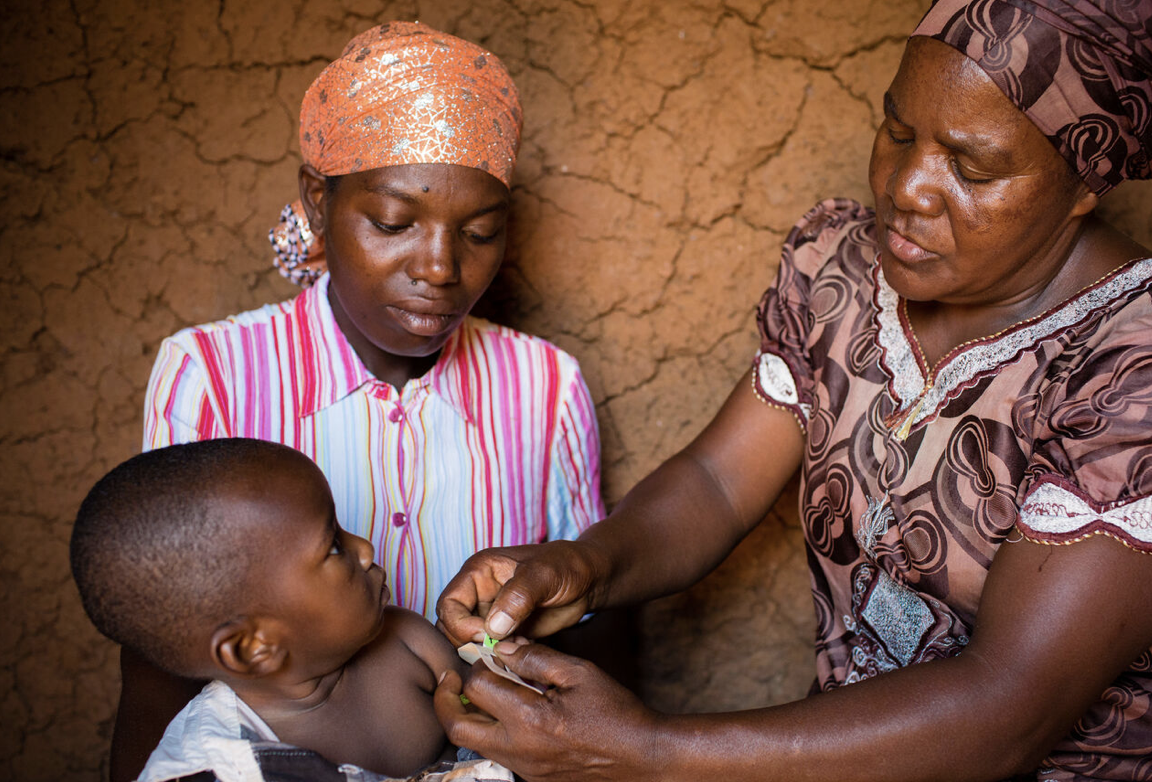
Time for Africa to Replace the Curative Consumption Trap with Health Production Model
Africa’s health systems remain trapped in a costly, hospital-centered model focused on treating illness rather than preventing it, which is unsustainable given limited resources and a growing burden of non-communicable diseases. To achieve universal health coverage,...

A new vision for universal health coverage in an age of global displacement
A Lancet Public Health article calls for a cosmopolitan approach to UHC that ensures migrants and refugees have equitable access to health care through global solidarity and inclusive financing.As global migration and displacement reshape societies, a new Lancet...
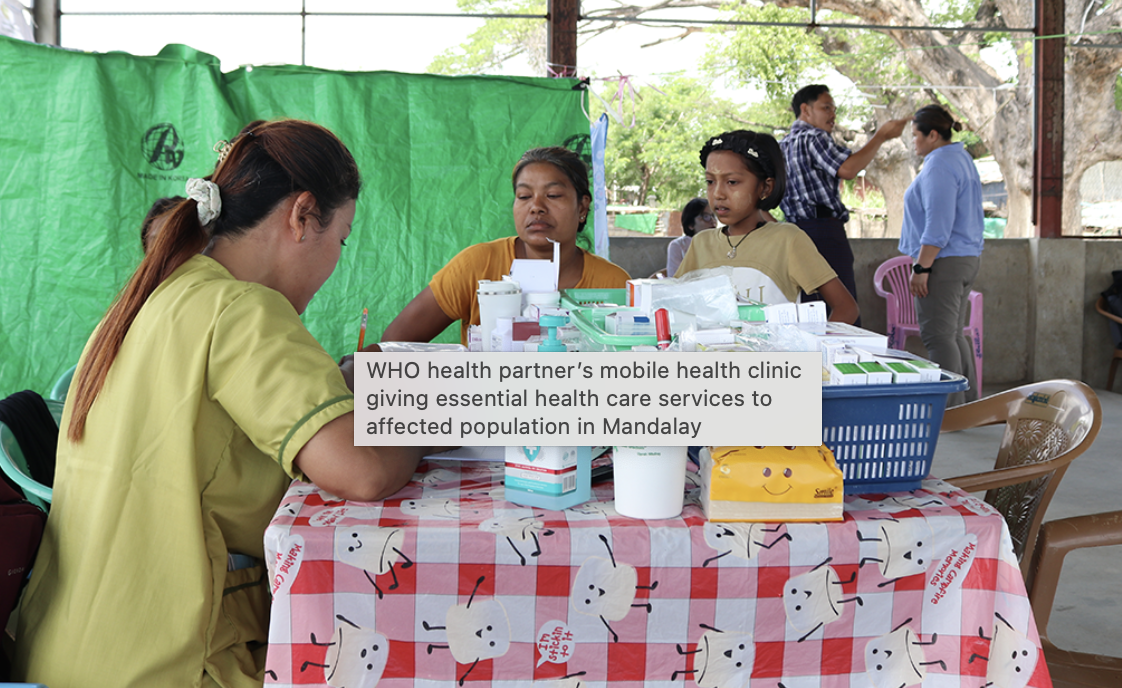
Delivering Care When It’s Needed Most: The impactful Power of Fast Funding
The March 2025 earthquakes in Myanmar devastated health services, overwhelming facilities and leaving thousands in urgent need of care. With rapid, flexible support from the WHO’s Contingency Fund for Emergencies, critical health supplies, disease prevention measures,...
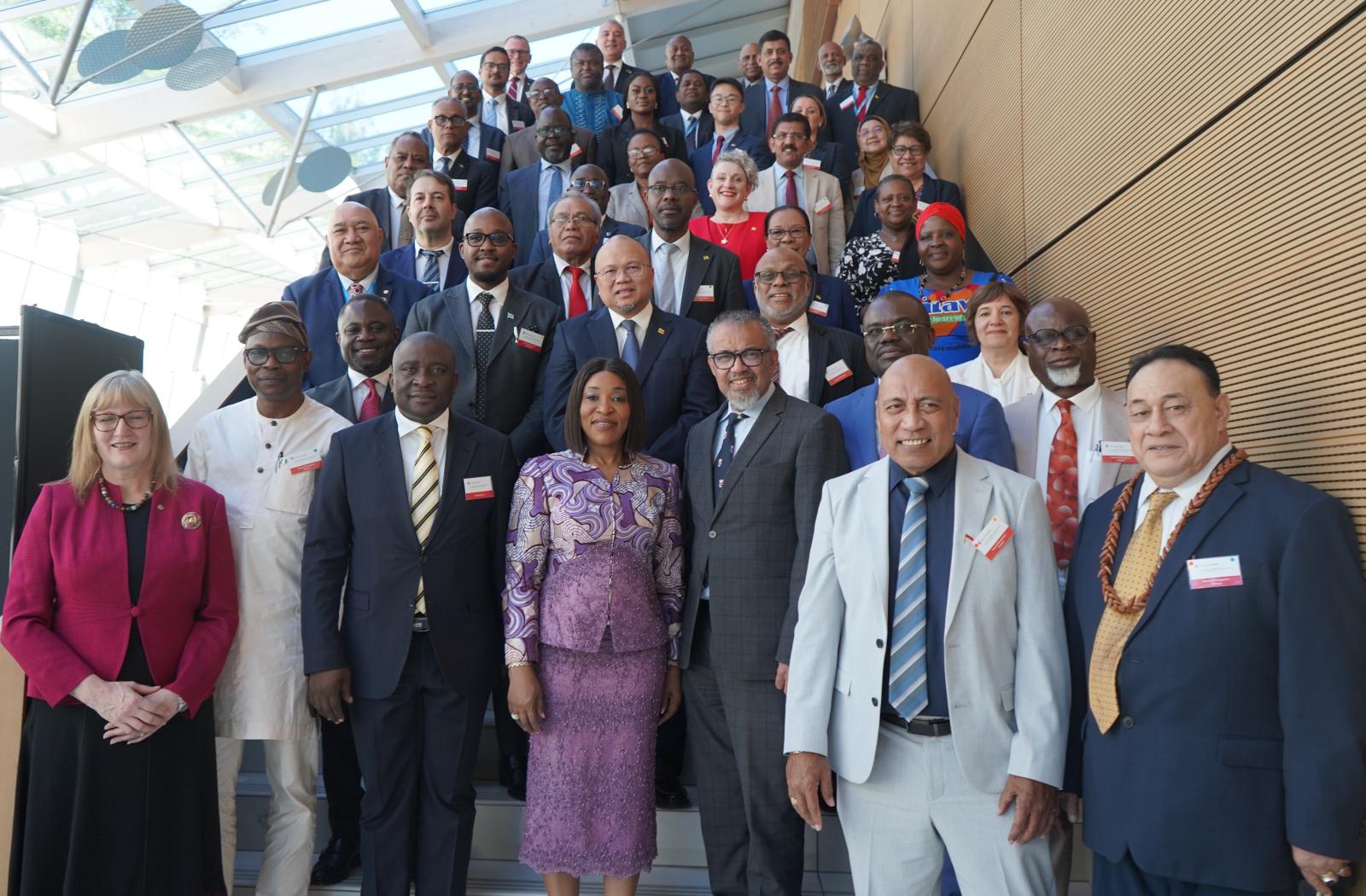
Health leaders chart path to sustainable, inclusive financing across the Commonwealth
At their 2025 meeting in Geneva, Commonwealth health ministers committed to long-term, equitable health financing, with a strong focus on innovation, primary care and support for vulnerable nations.At the 37th Commonwealth Health Ministers Meeting in Geneva, leaders...

Changes to Universal Health Care Law urged in Philippines
Senator Bong Go urged the swift approval of Senate Bill 2620 to amend the Universal Health Care Act. The bill includes provisions that reduce premium contributions for PhilHealth members, notably benefiting Filipino migrant workers by having the government cover half...
Strengthening community health in Senegal: Lessons from a Ministry-led self-assessment
A new policy brief, developed by Senegal’s Ministry of Health and Social Action with support from the Financing Alliance for Health, uses the Community Health Financing Assessment (CHFA) toolkit to evaluate the current state of community health financing in Senegal....
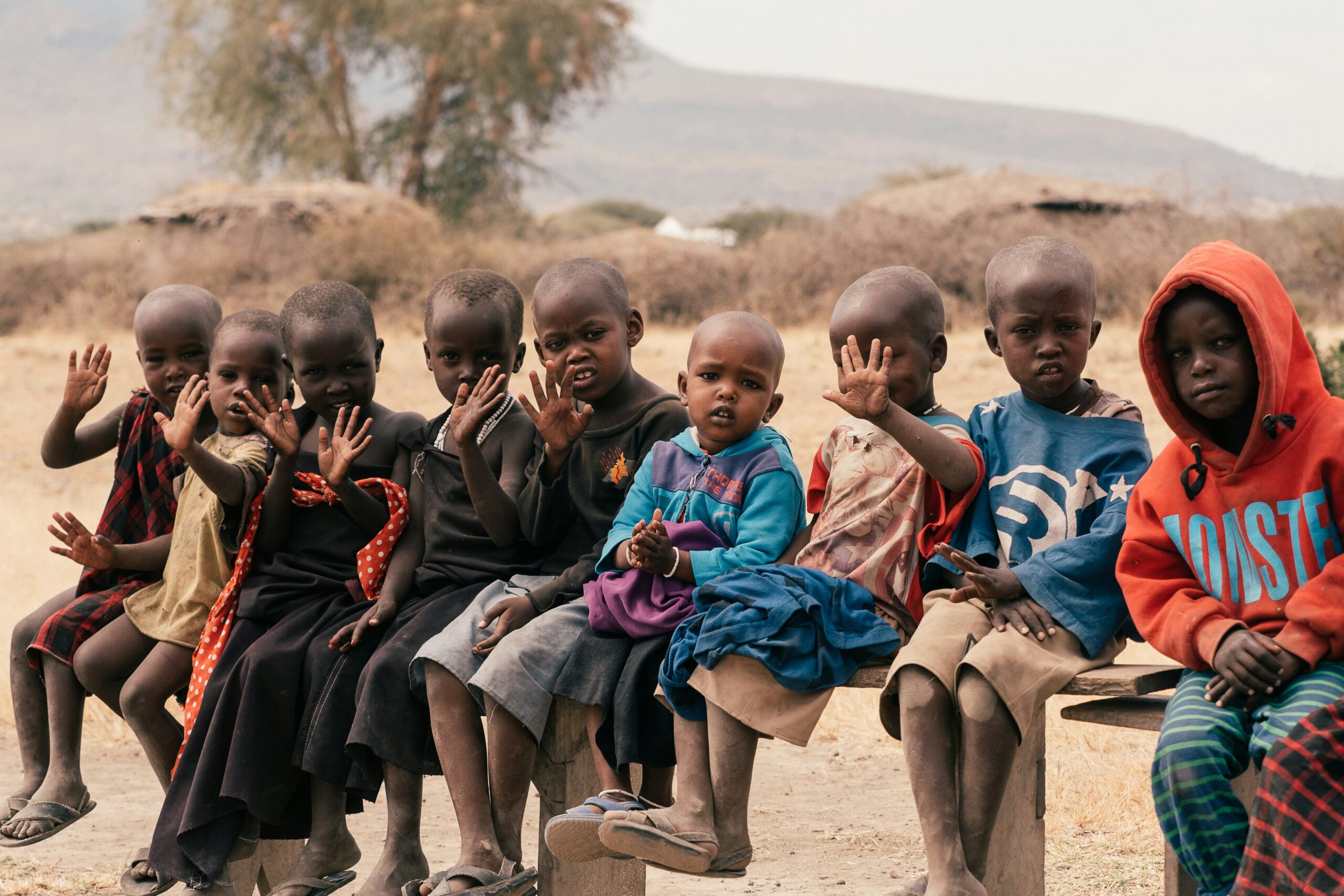
Nigeria To Strengthen Health Security Through New Accountability Framework
Stakeholders from government, civil society, and public health agencies gathered in Abuja to validate a health security accountability framework aimed at promoting responsible health financing and equitable vaccine access. Dr. Celestine Okorie of HERFON emphasized the...
Navigating Nepal’s health financing system: A road to universal health coverage amid epidemiological and demographic transitions
Nepal is at a critical juncture in its journey toward universal health coverage (UHC), as it confronts the dual challenges of demographic shifts and a growing burden of non-communicable diseases (NCDs). These transitions are driving up out-of-pocket (OOP) healthcare...
